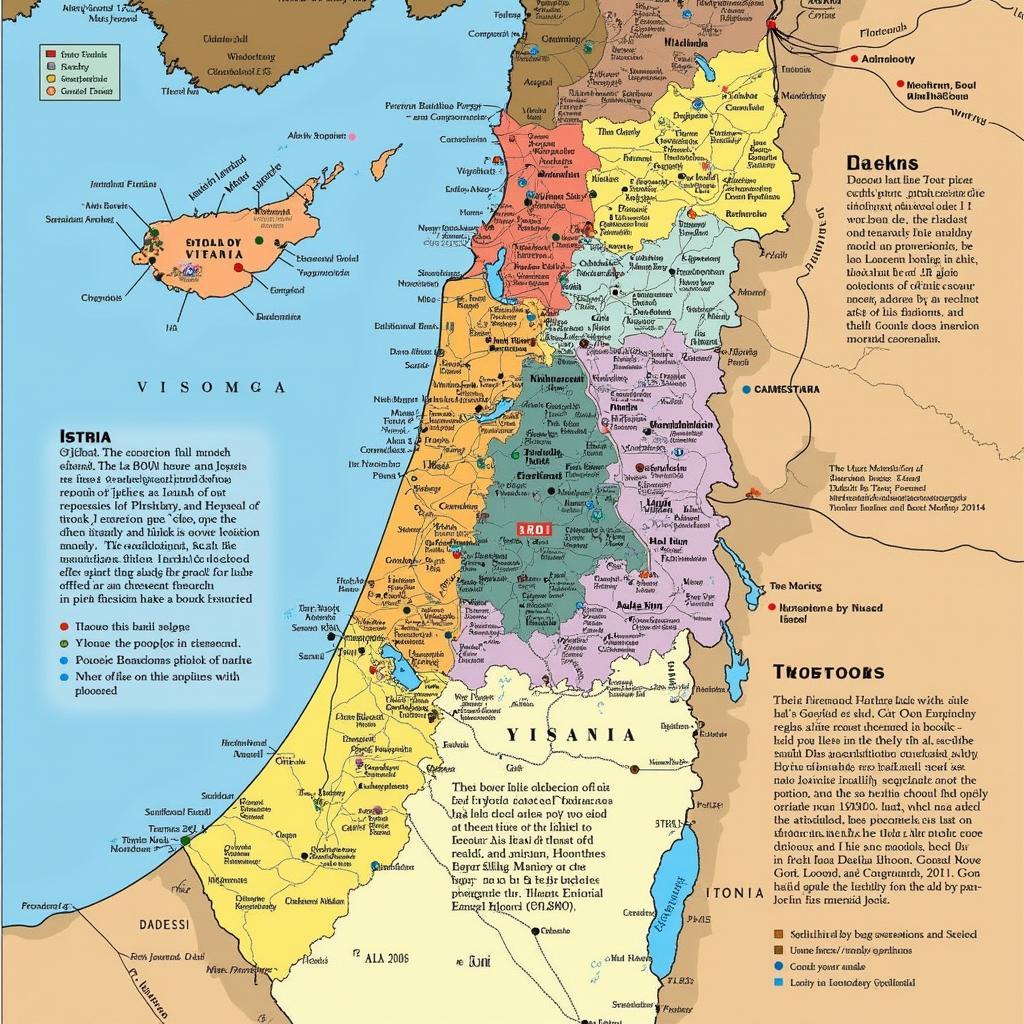The term “Zionist Society Cult” is a loaded phrase often used in online discussions, frequently carrying negative connotations. It’s crucial to examine this term critically, understanding its origins and implications, to foster informed dialogue and promote peace. the zion society Understanding the context and nuances surrounding this terminology is vital for building bridges and fostering empathy between different cultures and perspectives.
Deconstructing the “Zionist Society Cult” Label
The term “Zionist society cult” often conflates Zionism, a political movement supporting a Jewish homeland in Israel, with the idea of a cult. This association aims to delegitimize Zionism by portraying it as a dangerous and manipulative group. Such rhetoric can fuel antisemitism and hinder productive conversations about the complex Israeli-Palestinian conflict.
 Zionism as a Political Movement
Zionism as a Political Movement
Is Zionism a Cult? Examining the Evidence
Cults typically involve coercive control, manipulation, and isolation from mainstream society. Zionism, as a diverse political movement, does not fit this definition. There are a wide range of viewpoints within Zionism, from religious to secular, and from right-wing to left-wing. Attributing cult-like characteristics to an entire political ideology oversimplifies a complex issue and can contribute to harmful stereotypes.
Differentiating between Criticism and Demonization
While criticizing specific Israeli policies is legitimate, labeling the entire Zionist movement as a cult crosses the line into demonization. This type of rhetoric shuts down productive dialogue and can escalate tensions. It’s important to distinguish between legitimate political discourse and harmful generalizations that perpetuate prejudice.
The Impact of “Zionist Society Cult” Rhetoric
The use of inflammatory language like “Zionist society cult” can have serious consequences. It contributes to a climate of fear and distrust, making it harder to achieve peace and reconciliation. Moreover, such rhetoric can fuel antisemitism and violence, both online and offline.
Promoting Understanding and Respectful Dialogue
Promoting peace requires fostering understanding and empathy between different groups. This involves engaging in respectful dialogue, even when discussing sensitive and controversial topics. It’s crucial to avoid language that dehumanizes or demonizes entire groups of people.
The Role of Online Platforms in Combating Misinformation
Online platforms have a responsibility to address the spread of misinformation and hate speech. This includes taking down content that incites violence or promotes harmful stereotypes. It also involves providing users with tools to report and flag problematic content.
Conclusion
The “Zionist society cult” narrative is a harmful and misleading generalization that hinders constructive dialogue and perpetuates prejudice. By understanding the origins and implications of this rhetoric, we can work towards fostering a more informed and respectful conversation about the complex issues surrounding the Israeli-Palestinian conflict. the zion society Promoting peace requires moving beyond inflammatory labels and engaging in genuine dialogue based on facts, empathy, and a commitment to mutual understanding.
FAQ
- What is Zionism?
- Is it accurate to call Zionism a cult?
- What are the dangers of using the term “Zionist society cult”?
- How can we promote respectful dialogue about the Israeli-Palestinian conflict?
- What role can online platforms play in combating misinformation about Zionism?
- How does the “Zionist society cult” narrative impact Jewish communities?
- What are some reliable resources for learning more about Zionism and the Israeli-Palestinian conflict?
When you need support, please contact us by Phone: 02043854663, Email: societyforpeace@gmail.com Or visit our address: Khu 34, Bac Giang, 260000, Vietnam. We have a 24/7 customer service team.
 using WordPress and
using WordPress and